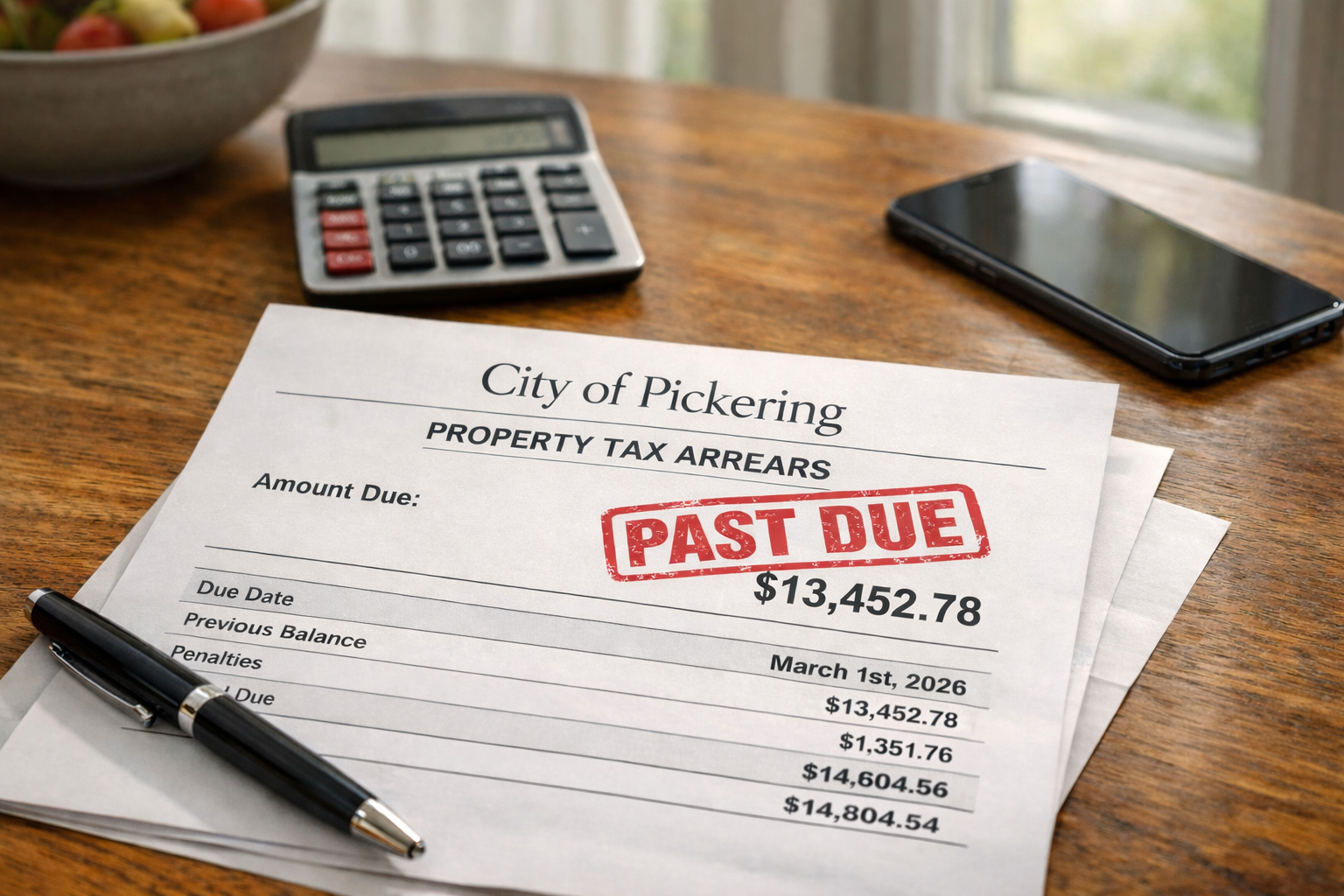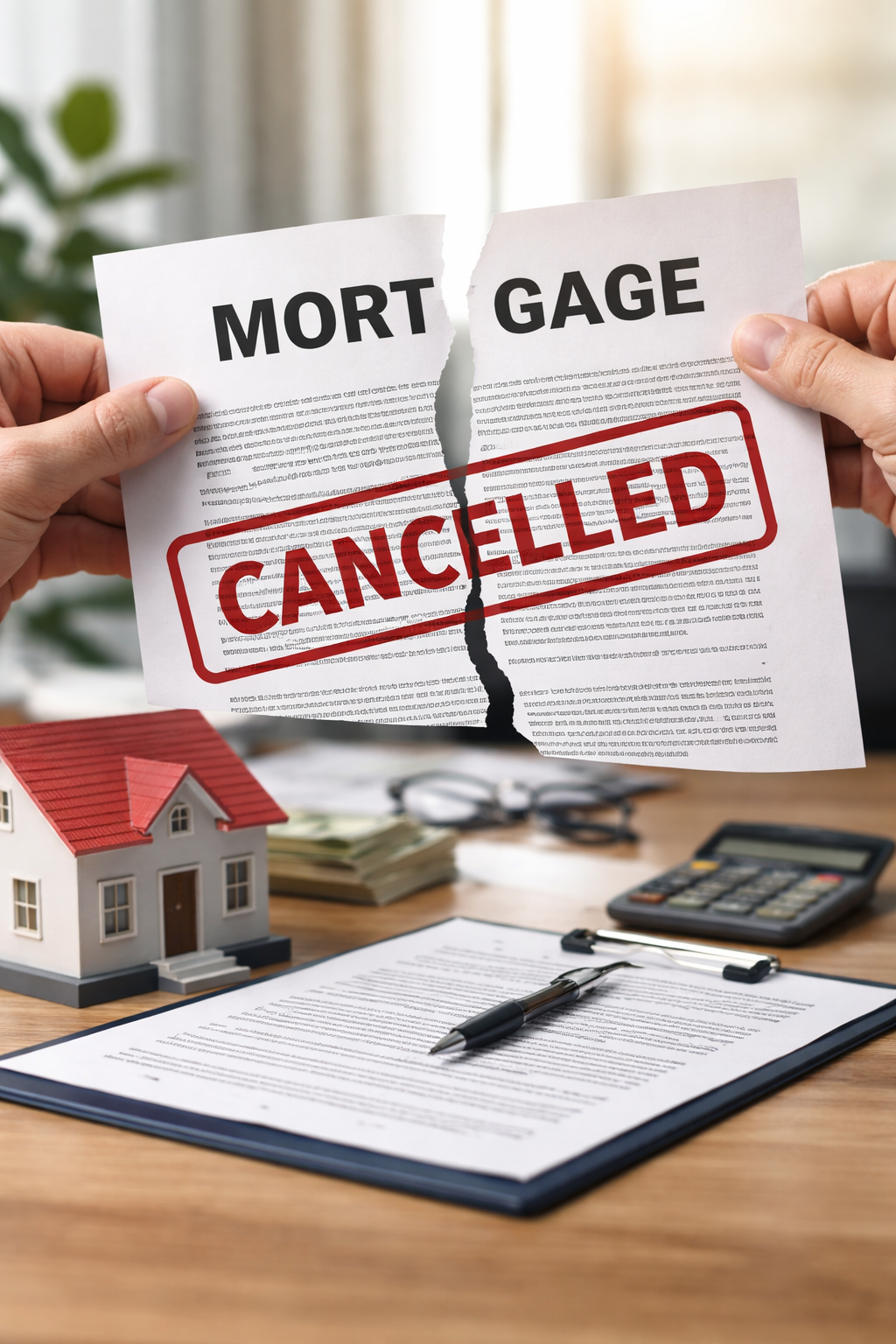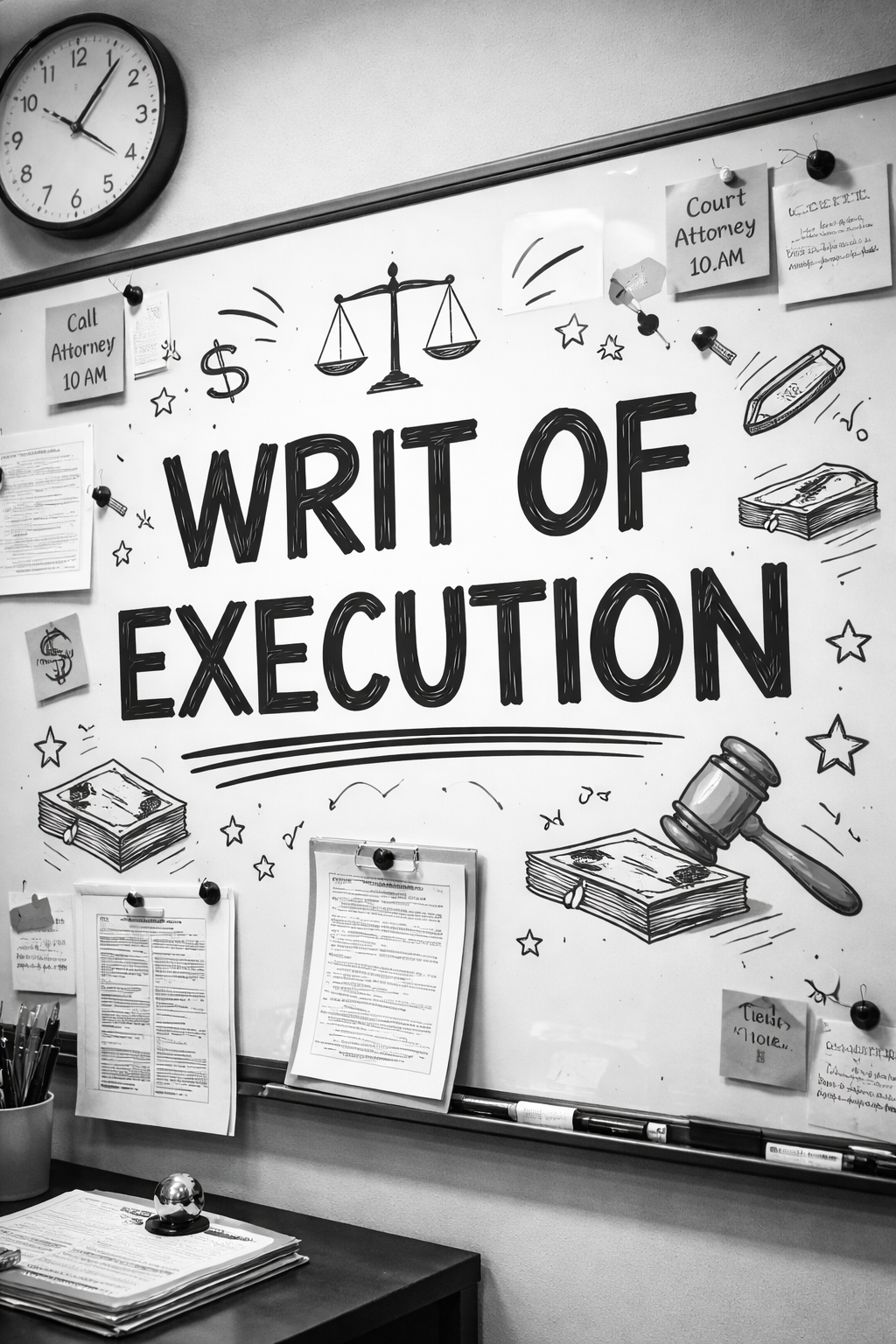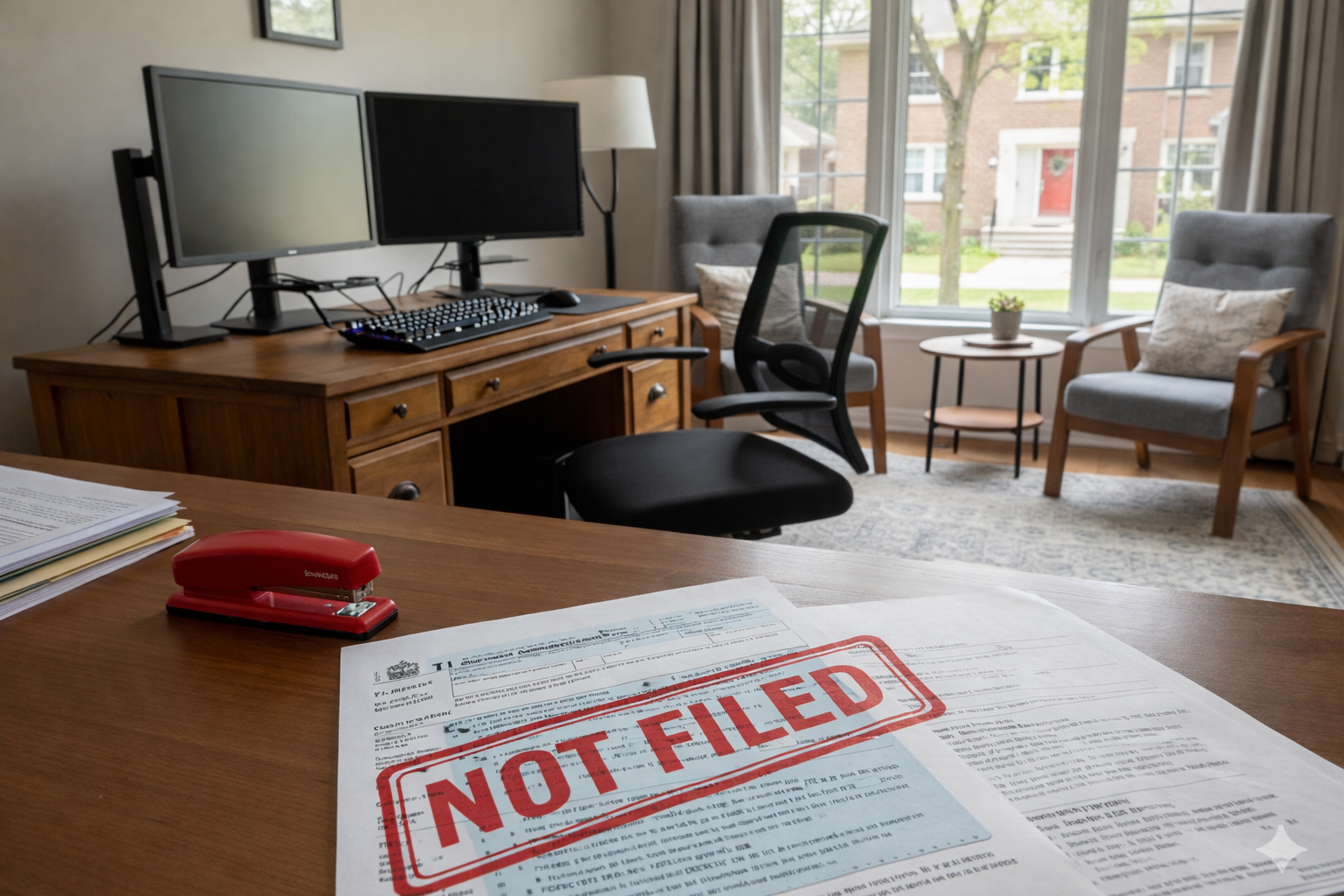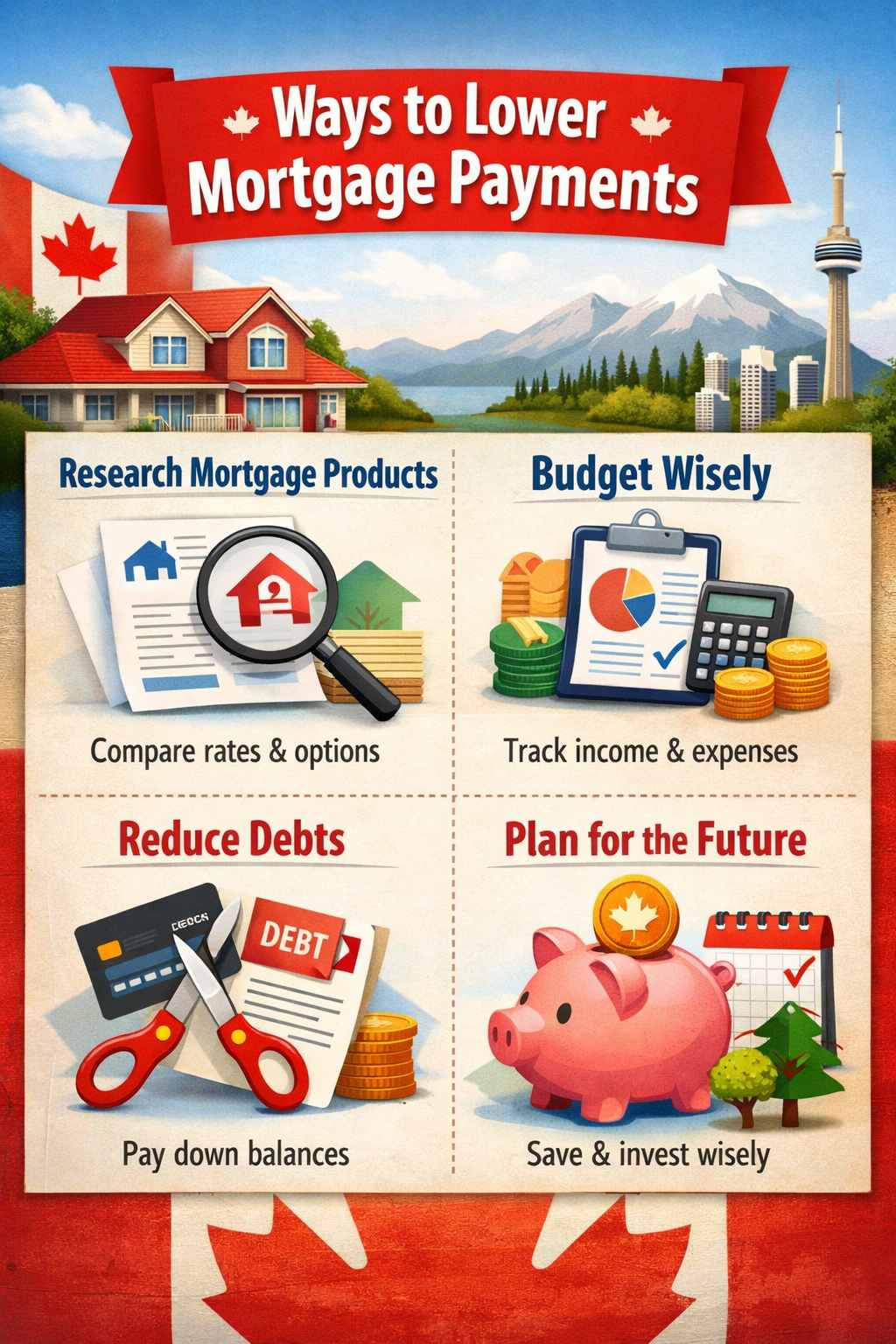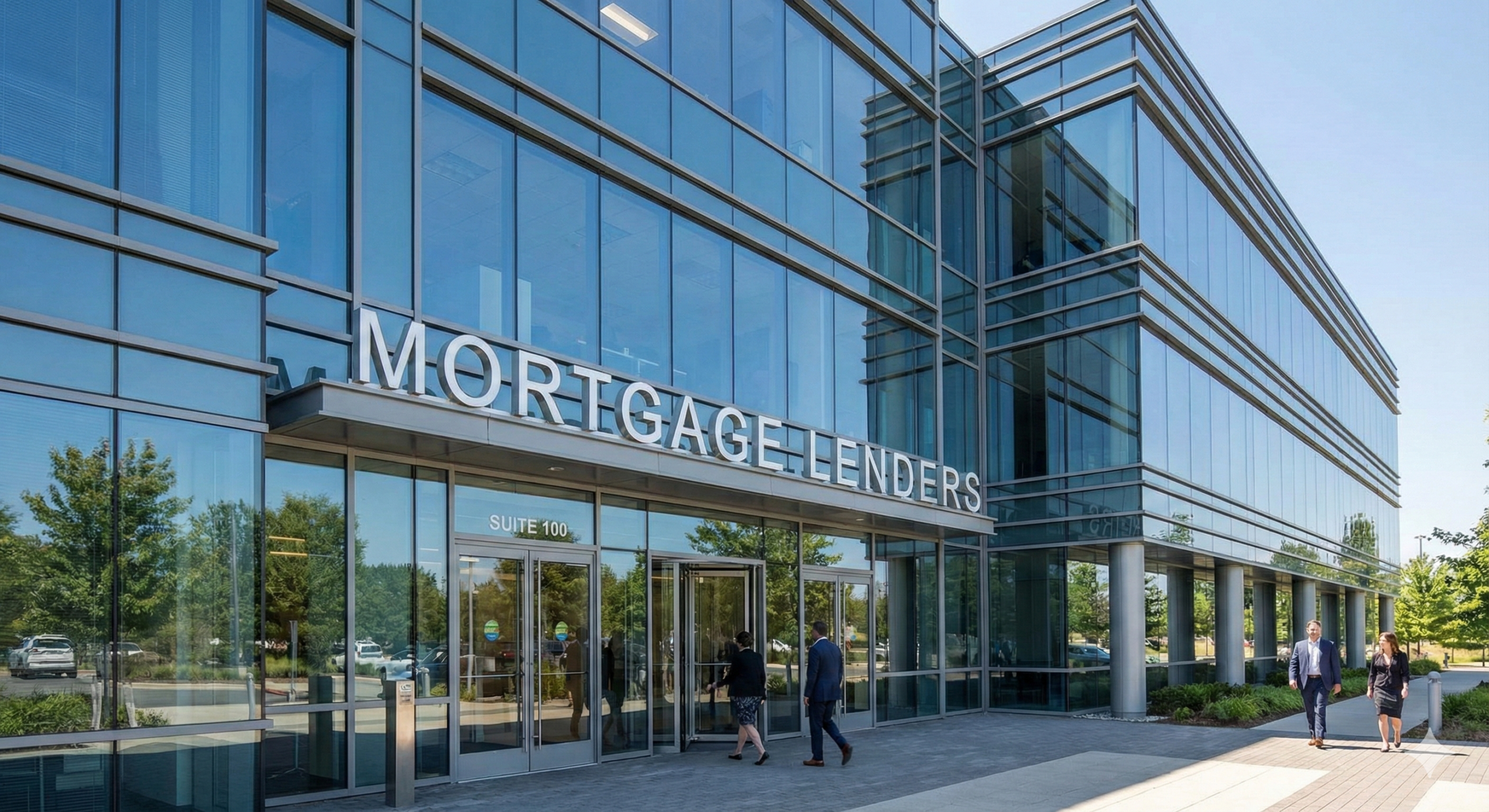Table of Contents
ToggleIntroduction
Foreclosure is one of the most distressing financial situations a homeowner can face. When mortgage payments are missed, lenders can initiate legal proceedings to recover their funds, potentially leading to the loss of the home. However, many homeowners wonder: when is it truly too late to stop foreclosure?
Understanding the foreclosure process in Canada, knowing your legal rights, and acting quickly can significantly impact the outcome. This guide explains when foreclosure becomes irreversible and explores options to stop it before it’s too late.
Understanding Foreclosure in Canada
Foreclosure is a legal process through which a lender seeks to reclaim a property after the borrower defaults on mortgage payments. While foreclosure exists across Canada, in provinces like Ontario and British Columbia, lenders often use the Power of Sale method, which allows them to sell the property without court involvement.
Key Differences Between Foreclosure and Power of Sale:
- Foreclosure: The lender takes ownership of the property and sells it.
- Power of Sale: The lender sells the property without assuming ownership, usually resulting in a faster process.
Impact of Foreclosure on Homeowners:
- Severe credit damage (remains on credit reports for 6+ years)
- Loss of home equity
- Legal costs and eviction risks
The Foreclosure Timeline – When Does It Become Too Late?
Foreclosure does not happen overnight. Homeowners have opportunities to stop it at different stages. While many Canadians are careful borrowers, in 2025, mortgage delinquency rates will increase due to higher inflation, interest rates, and job loss. Over the next couple of years many homeowners will be experiencing higher interest rates due to a large amount of mortgages coming up for maturity.
Below is the typical foreclosure timeline in Canada:
1. First Missed Payment (0-30 Days Late)
- The lender issues a reminder or warning.
- No immediate legal action.
- Best Time to Act: Contact your lender and discuss payment options.
2. Multiple Missed Payments (30-90 Days Late)
- The lender sends a Notice of Default.
- Credit score begins to drop significantly.
- Best Time to Seek Help: Consider loan modification, refinancing, or a home equity loan.
3. Legal Action Begins (90-180 Days Late)
- The lender issues a Statement of Claim (lawsuit for foreclosure in court).
- The homeowner has a short window to respond.
- Action Needed: Seek legal and financial advice.
4. Court Ruling & Foreclosure Sale (180+ Days Late)
- The court grants foreclosure judgment or Power of Sale execution.
- The home is scheduled for sale.
- Final Chance: Sell the home before the lender does.
5. Eviction & Home Ownership Transfer (After Sale)
- The homeowner is forced to vacate.
- No More Options Available
Early Prevention Strategies – Stopping Foreclosure Before It Starts
If you have missed payments but are still early in the process, take proactive steps:
1. Contact Your Lender Immediately
- Many lenders offer loan forbearance, payment deferrals, or modified loan terms.
- Ask about short-term hardship programs.
2. Explore Refinancing Options
- Refinance into a lower-rate mortgage.
- Apply for a home equity loan or HELOC.
3. Seek Government Assistance
- Federal and provincial mortgage relief programs exist.
- Programs like CMHC’s mortgage default insurance relief can help.
Last-Minute Solutions to Stop Foreclosure
If legal proceedings have started, you still have options:
1. Emergency Refinancing
- Private lenders specialize in foreclosure prevention loans.
- Home equity loans can cover missed payments and legal fees.
2. Selling Your Home Before Foreclosure
- If you have equity, selling quickly could avoid foreclosure.
- A short sale is an option if the home value is below the mortgage.
3. Legal Intervention
- A mortgage lawyer can challenge lender errors.
- Filing for bankruptcy can temporarily delay foreclosure.
How Home Equity Can Help You Avoid Foreclosure
Your home’s equity is a powerful tool to resolve mortgage arrears.
Key Home Equity Solutions:
- Home Equity Line of Credit (HELOC): Flexible, interest-only payments.
- Second Mortgage: Lump sum loan, ideal for stopping foreclosure quickly.
- Reverse Mortgage (for seniors 55+): Converts home equity into cash with no monthly payments.
Legal and Financial Assistance for Homeowners in Crisis
If you are facing foreclosure, seek professional assistance:
- Mortgage brokers can help find alternative financing.
- Real estate agents can facilitate a quick sale.
- Financial counsellors provide budgeting strategies.
- Legal aid clinics offer free foreclosure advice.
Conclusion: Taking Action Before It’s Too Late
The key to stopping foreclosure is acting before legal deadlines pass. Waiting too long reduces options and increases the risk of losing your home.
If you are struggling with mortgage arrears, contact LendToday for solutions that can help you regain financial stability.
Explore your options now!
📞 Toll-Free: 1-855-242-7732
📧 Email: info@lendtoday.ca
Frequently Asked Questions (FAQs)
1. How many missed payments before foreclosure starts in Canada?
Most lenders initiate foreclosure after 3 to 6 missed payments.
2. Can you stop foreclosure once the process has started?
Yes, but options become limited as the process advances. Early action is key.
3. Can a home equity loan stop foreclosure?
Yes, a home equity loan can pay off arrears and reinstate the mortgage.
4. What happens if I sell my home before foreclosure is complete?
Selling can be a viable option to avoid legal action and potential eviction.
5. Do private lenders help with foreclosure situations?
Yes, private lenders offer emergency mortgage financing for homeowners facing foreclosure.
- Property Tax Arrears in Pickering: Risks, Timelines, and Solutions for Homeowners - January 28, 2026
- Shocking Reasons Your Mortgage Company Could Cancel or Call Your Mortgage - January 24, 2026
- Costly and Important Facts About a Writ of Execution: What It Means and How to Clear It - January 22, 2026

